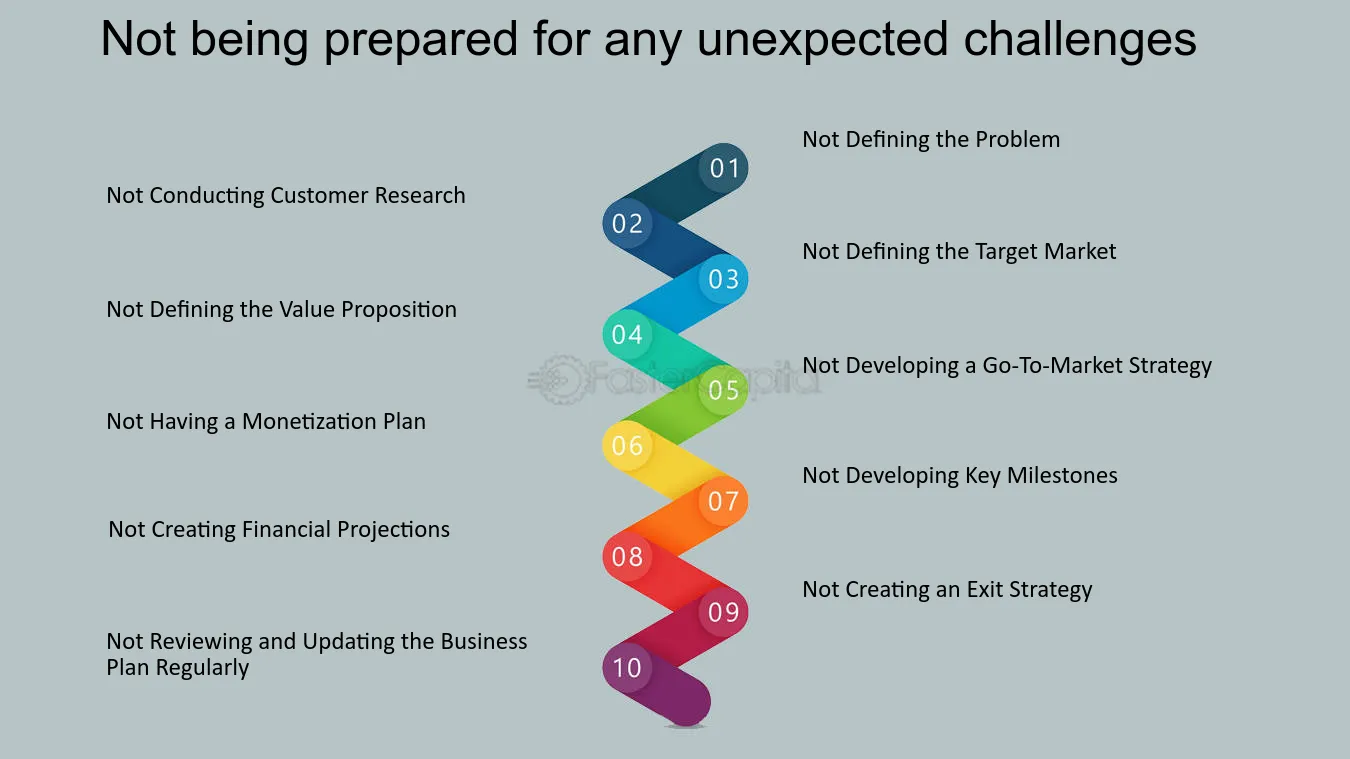Top 10 business plan mistakes – StartupSmart
The launch of this year’s Enterprize competition, where start-ups battle it out for a $100,000 prize based on their business plans, is a timely reminder of the importance of getting your company’s purpose and direction down on paper.
It’s an area that many start-ups fall down on. Our eye was caught earlier this week by a StartupSmart mentor question on this topic put to Colin Benjamin.
A StartupSmart reader was concerned that their business plan was far too long, asking for Colin’s advice on what should be hacked out. You can see his response here.
As Colin put it, you should “think about your business plan the same way that the chef thinks about creating her next menu – it has to have all the ingredients that the customers want and have what’s necessary to make the restaurant succeed as a business.”
Unfortunately, many start-ups fail to impress with their business plans. And, as much as the banks like to say that they want to be on small business’ side, it’s incredibly difficult to get funding at present. A poor business plan, among other things, will scupper what slim chances you have.
With this in mind, we’ve put together the top 10 most common business plan mistakes.
1. Not getting help
A business plan shouldn’t be the solo effort of an inwardly-looking business builder. As you put together your business plan, you need to get as much input as possible.
Plenty of this help and advice can be free. Trade shows, free business plan templates Business Enterprise Centre and bank managers can all help you on your way.
It’s also worth utilising your accountant and mentor to help you with your plan. These people will help keep your feet on the ground and challenge your assumptions. Don’t overlook them.
2. Putting it off
Many start-ups only think of writing a business plan when they are asked for one, by their bank manager, potential investor or mentor. Don’t be one of these businesses.
As much as you think you are too busy to write a business plan, you really aren’t. The busier you get, the more you need a business plan. And the lack of a business plan means you will just get busier still.
Also, business planning takes time. If you aim to raise money in six months, get cracking now. Your business shouldn’t be driven blind – if you haven’t put together a road map for your start-up, do it now.
3. Overlooking people power
It’s often said that investors put their money in people, not ideas. This isn’t entirely true, but don’t overestimate the power of ideas.
A great business can be built without a great idea, if it has someone to put in the time, money, hard work and good processes. However, even the most inspired idea can fall flat if the people driving it have no clue of the business basics.
Investors are impressed and reassured to see start-ups guided by seasoned business veterans and industry experts. Get these people on board, giving up some equity or future profits if needed, and highlight their involvement prominently in your business plan.
Remember to not just sell the business, but the people within in it too.
4. Vague goals
Imagine sitting in front of an investor who could give you the leg-up it you need to get your business off the ground.
He or she asks you for evidence to substantiate your predictions. You mumble something about being a market leader and look panicked. They then ask you to define where your business will sit in the market place. You have nothing. Your chances of getting their money are zero.
Terms like “being the best” or “fantastic business” have no place in your business plan unless they are backed up by solid numbers and a clear, achievable strategy.
Investors have little time for fluff. Vague, meaningless babble will give them little confidence that you know what your goals are, how you’ll achieve them and what your exit strategy is.
Keep the marketing talk to a minimum. If your business is good enough, it will be noticed without the purple prose.
5. Over-ambitious predictions
Many start-ups predict a brief establishment phase for themselves before booming, hockey-stick growth. This is achieved by “something” happening, usually your customers realising how wonderful you and your product or service is.
Alas, the reality is usually different. It’s great to have ambition for your business, but be conservative with your predictions and then defend them.
As business advisor Greg Hayes puts it: “As entrepreneurs, we are naturally optimistic and see the upside in everything. But you need to take a very cold shower before you predict your cashflow.”
Your growth will probably be patchy. Problems will occur. Your business may even have an obvious weakness. Don’t hide any flaw because, much like a heat seeking missile, a shrewd investor will hone in on it and burst your optimism.

